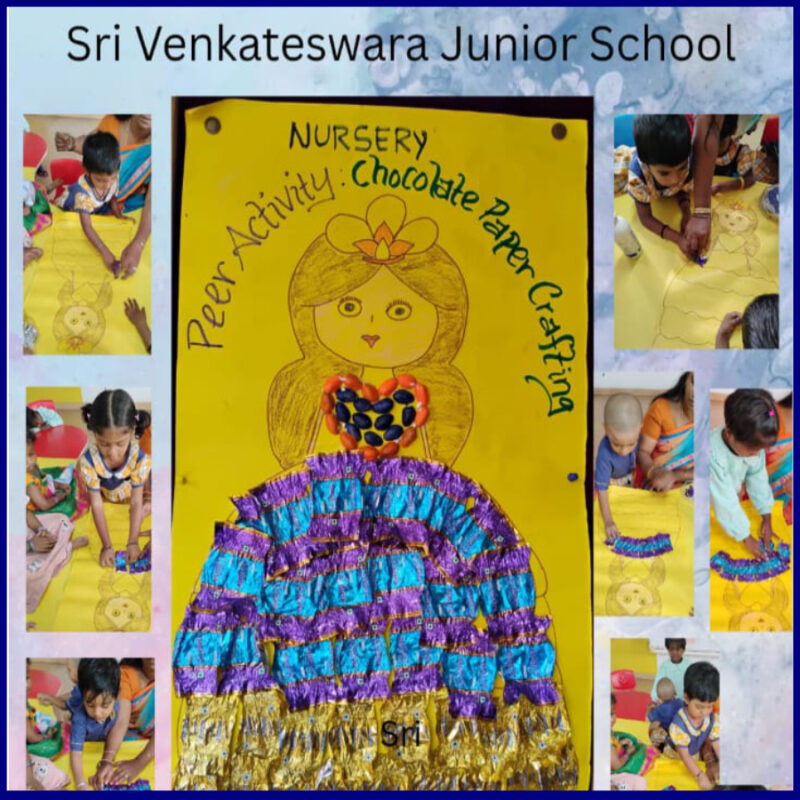Toy pedagogy creates a vibrant, child-friendly learning environment in junior schools. It uses toys as tools for interactive role play, helping children develop communication, collaboration, and social skills. Through playful activities, learners are encouraged to ask questions, explore their surroundings, and engage in inquiry-based learning. Toys become mediums for problem-solving, as children build, experiment, and adapt their thinking to overcome challenges. These experiences promote reflection, helping young minds connect actions with outcomes. Story-building and pretend play inspire creativity and imagination while allowing children to express their thoughts and emotions freely. This playful approach also nurtures emotional development, enabling learners to recognize and manage feelings, develop empathy, and understand different perspectives. Toy pedagogy seamlessly blends play with purposeful learning, fostering curiosity, critical thinking, and joy in the early years of education.

